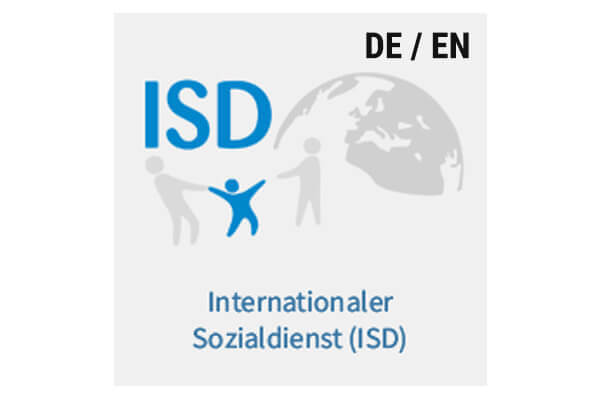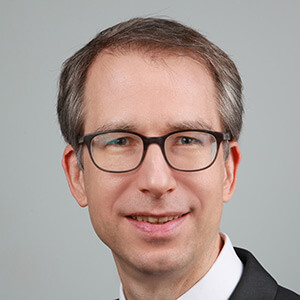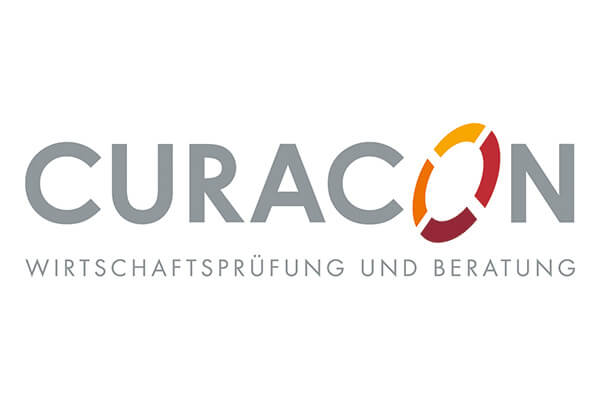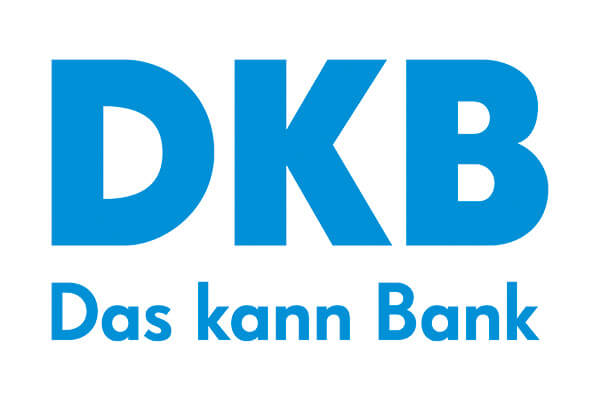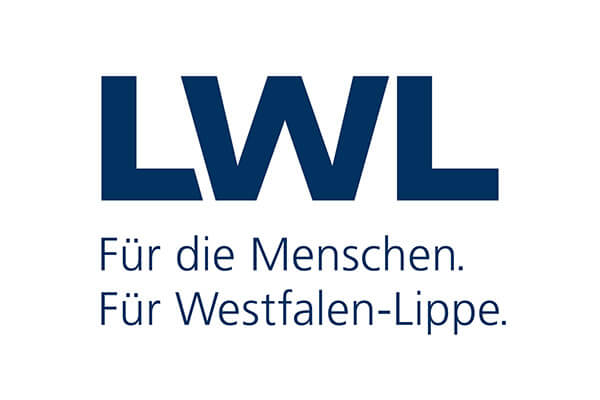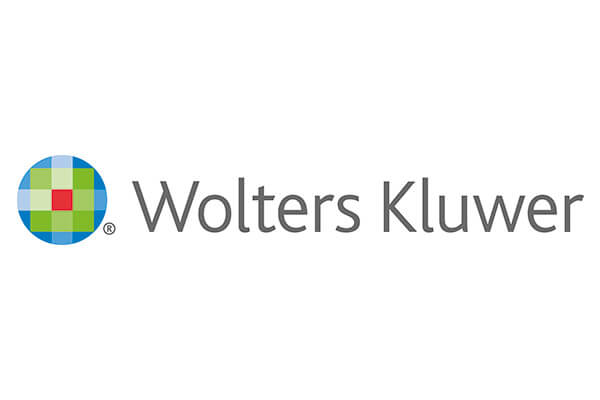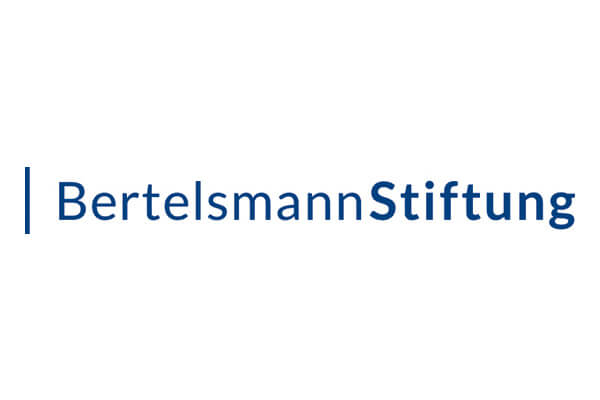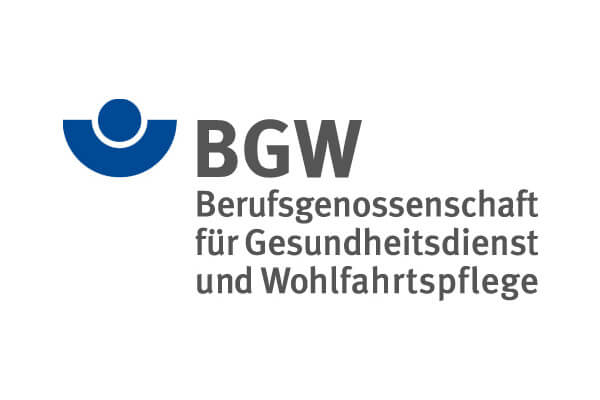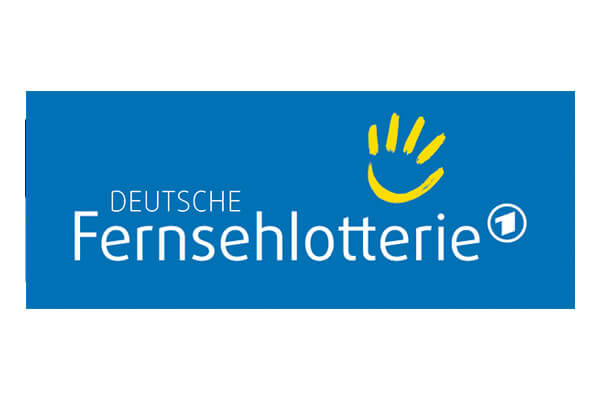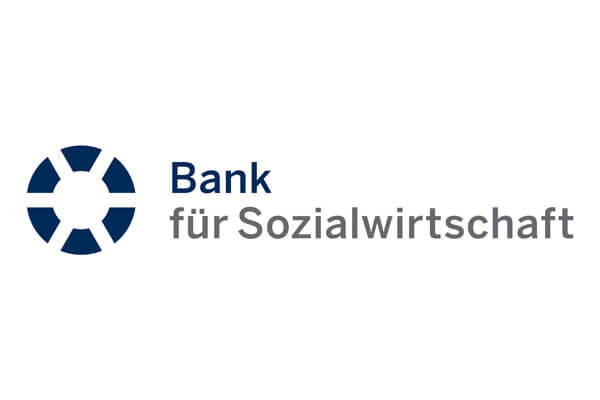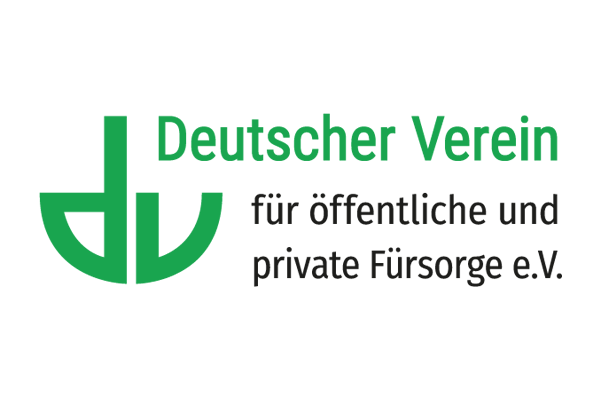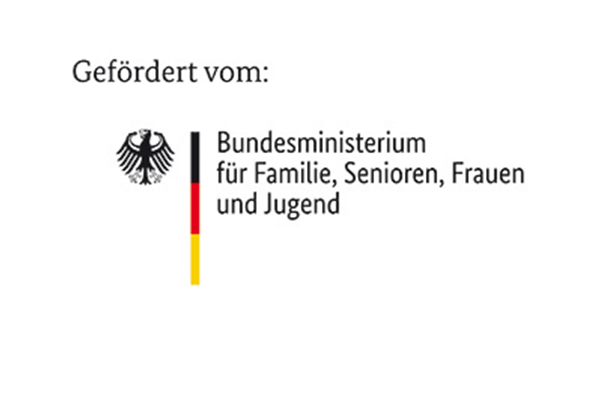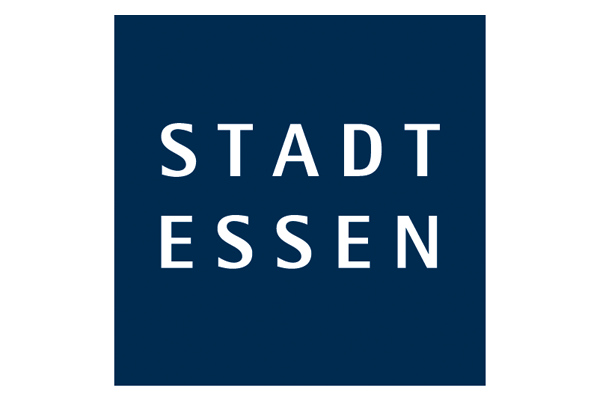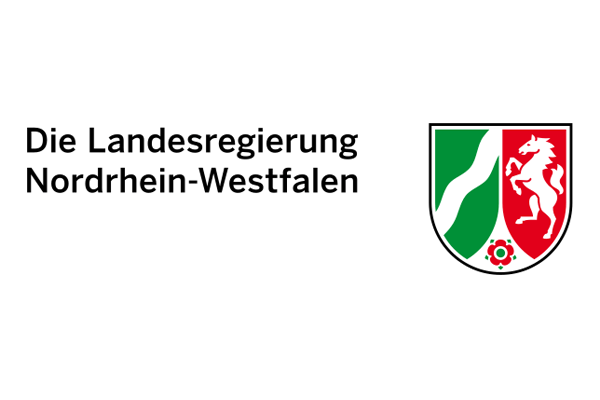Cross-border abduction of a child by a parent is a dramatic situation for those affected and especially for the child concerned. The Hague Convention on Child Abduction (HCCH 1980), which is considered one of the most successful international conventions concerning children, is an important instrument to help in this situation. When it came into force, expectations of its effect were high. In the meantime, the requirements regarding this Convention have changed; for example, the main group of abducting parents today are the mothers and the reasons for child abduction by a parent seem to have changed. How does the Hague Conference itself approach these developments, and how do the Hague Conference and the international community react to them? The first step will be to assess this situation from an international perspective by the Hague Conference itself. The next step will be to look at the situation from a German perspective: What does this situation mean and what are its typical consequences? How should we handle this situation? Who can support the persons involved to keep the best interests of the child in mind? How can successful counselling be provided that is supportive and oriented towards the best interests of the child? How helpful are the existing services available? These are questions that will be discussed by experts from different professional organisations that are frequently involved.
Language: ENGLISH (with German translation)
Speaker:
Birgitte Beelen
Psychologin und Leiterin der Praxis SYNTAGMA (Niederlande)
Philippe Lortie
Erster Sekretär des Ständigen Büros der Haager Konferenz (HccH)
Ursula Rölke
Leiterin des Internationalen Sozialdienstes (ISD), Deutscher Verein für öffentliche und private Fürsorge e.V., Berlin
Stefan Schlauß
Abteilungsleitung Internationales Zivilrecht beim Bundesamt für Justiz, Bonn
Moderation:
Dr. Katja Schweppe
Richterin am Oberlandesgericht Frankfurt am Main

